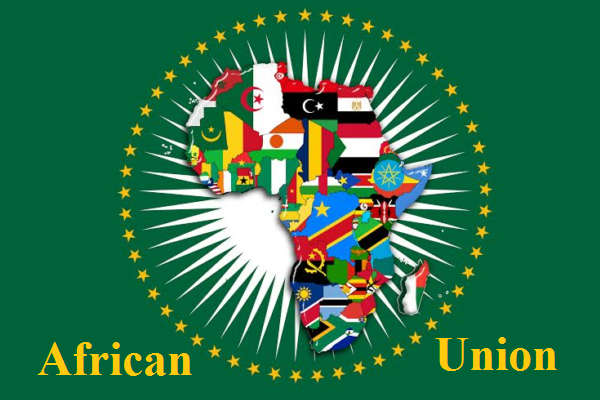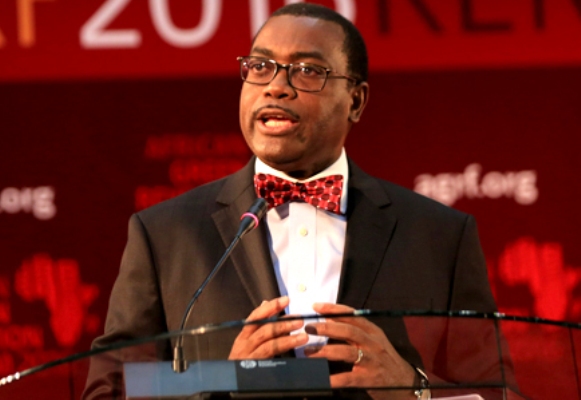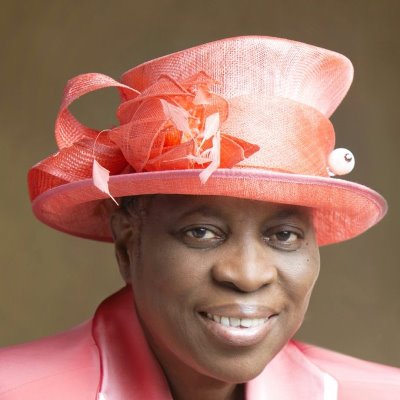The Investment in Digital and Creative Enterprises (I-DICE) programme was Tuesday launched in Abuja, Nigeria to further boost Africa’s digital economy which is set to rise from $115 billion to $712 billion by 2050.
The launch was jointly carried out by Nigeria’s Vice President Yemi Osinbajo and African Development Bank (AfDB) President, Dr Femi Adesina.
Dr Adesina who harped on the sharp increase in digital economy because of youth participation, reported that most of the growth is already being driven by four countries – Nigeria, South Africa, Kenya, and Egypt.
He said several factors, including rapid youth population growth, drove the expansion of the digital economy. He also said these digital trends hold great promise to help create massive jobs.
“Expanding digital infrastructure by 10 percent will lead to a 2.5 percent annual growth in gross domestic product (GDP) in Africa. Furthermore, expanding internet access in Africa from the current 33 percent to 75 per cent can help create 44 million jobs, with three million jobs in online services by 2025,” he said.
Adesina said the programme would create 25 million new jobs by 2026, with a focus on practical and high-impact solutions.
He said based on estimates, the digital global wealth size of Africa would expand from $217 billion in 2022 to more than $1 trillion by 2031.
The AfDB’s president said Nigeria is already witnessing the power of digital technologies. According to him, the country currently has five out of the 11 digital companies that have reached the status of unicorn with market valuation of $1 billion.
He listed the companies as Jumia, Interswitch, Opay, Flutterwave and Andela, mainly in fintech.
Adesina said Nigeria’s poor and fragmented cargo transport system is gradually transforming thanks to Kobo360, a digital logistics platform.
He further said despite its growth, the country is yet to fully tap into and unleash the power of its creative industry.
“The I-DICE programme will help fill some of these critical gaps by supporting enterprise and skills development, access to demand-driven digital and creative skills, entrepreneurship skills, ICT enabled infrastructure as well as expanding access to finance.” Adesina said.
He also said the AfDB was pleased to partner with the Nigerian government on the $618 million I-DICE programme.
“I am delighted that we have been able to mobilise additional co-financing of $217 million toward the programme. I wish to thank our partners, the Agence Francaise de Development (AFD), which is providing $100 million, and the Islamic Development Bank providing $70 million.”
“I also thank the Bank of Industry and the Nigerian government for providing $45 million. Through the independent fund managers for I-DICE, the programme will raise an additional capital of between $131 million and $262 million,” he said.
Dr Adesina said AfDB would soon roll out youth entrepreneurship investment banks, a new financial institution expected to build robust financial ecosystems around the businesses of young people across Africa.
He said it is time to create youth-based wealth that would support a more inclusive Nigerian economy.
The I-DICE programme is timely, strategic as well as transformative and will build the ecosystems to support more competitive entrepreneurs powered by digital technologies.
Nigerian Vice President Osinbajo, who formally inaugurated the programme, said Nigeria’s technology ecosystem accounted for almost 30 percent of Africa’s funded ventures with no fewer than 180 start-ups.
Read more in The EastAfrican













